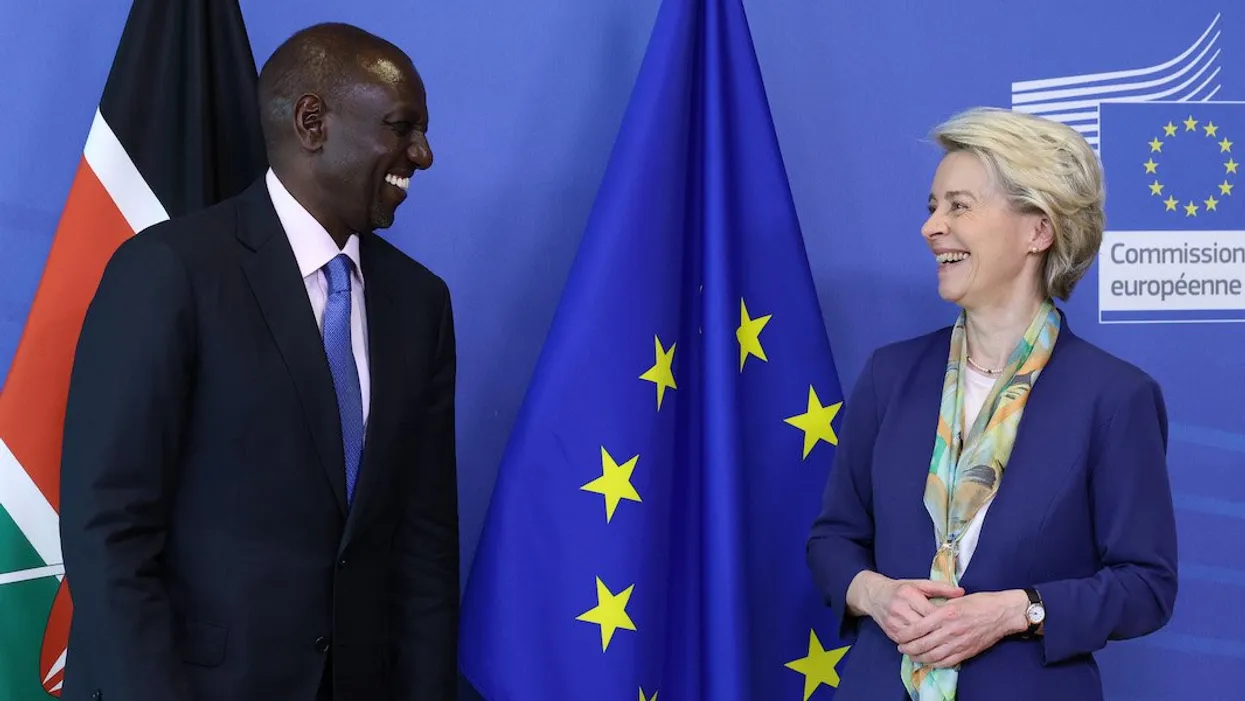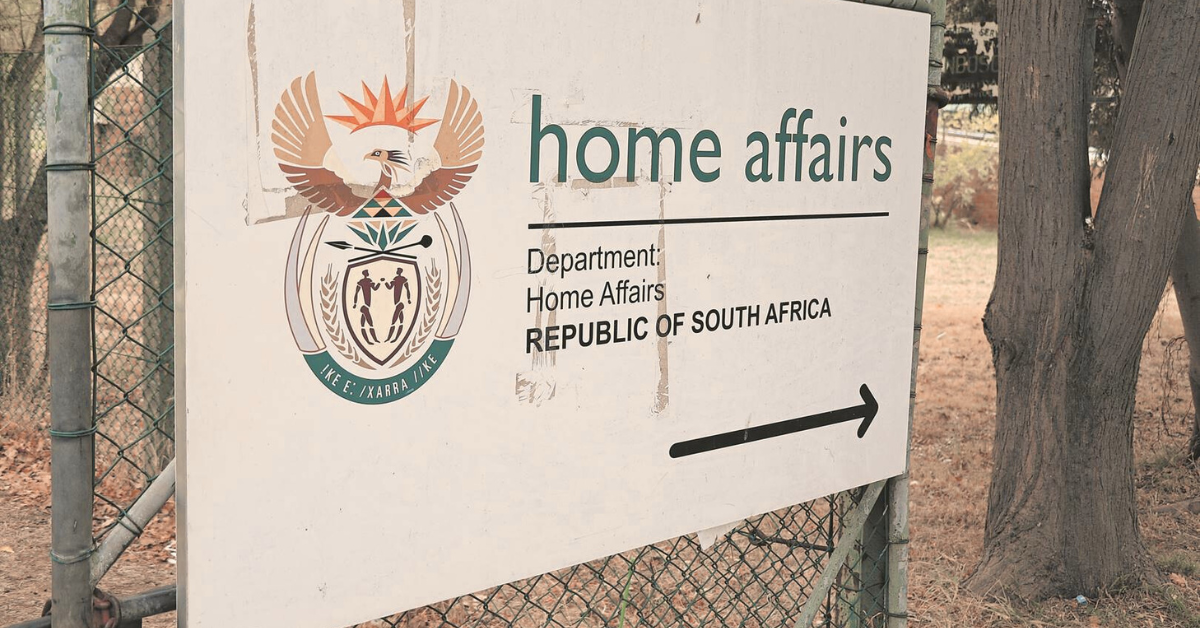Kenyan lawmakers have passed a preferential trade deal with the European Union (EU), ending a political flashpoint with neighbouring East African Community (EAC) partners who refused to adopt a joint deal in 2016.
The Economic Partnership Agreement (EPA) will give Kenyan traders duty-free and quota-free access to the $13.9 trillion European market. According to the EU, total trade with Kenya reached $3.5 billion in 2022, representing a 27% jump from 2018.
Under the terms of that deal, Kenya will gradually lower duty on imports from the EU within the next 25 years and incentivise European companies to set up in the country.
The trade agreement obligates the Kenyan government to maintain international labour standards. It also includes provisions on climate change.
“The agreement includes binding and enforceable provisions on international standards and agreements on labour, gender equality, climate, and the environment, and prevents both parties from lowering labour and environmental standards,” European Parliament said in a statement on March 1.
Kenyan parliament’s ratification of EPA follows a similar move by EU lawmakers who adopted the partnership in March 2023. It will now head to the trade minister who must subject it to public consultation before roll out.
“It is the first agreement with a developing country in which the EU’s new approach to trade and sustainable development is reflected,” the EU Parliament said.
The EU imports $1.28 billion of goods from Kenya including cut flowers, vegetables, and fruits. The East African nation is one of the biggest producers of flowers sold in Europe. On the other hand, Kenya imports mostly heavy machinery and minerals estimated to be worth $2.1 billion.
The deal’s ratification comes seven years after the implementation of the EU-East African Community pact stalled. While Kenya ratified and lobbied for the acceptance of the deal, other EAC countries rejected it for fear of cheap European goods flooding their markets.




















